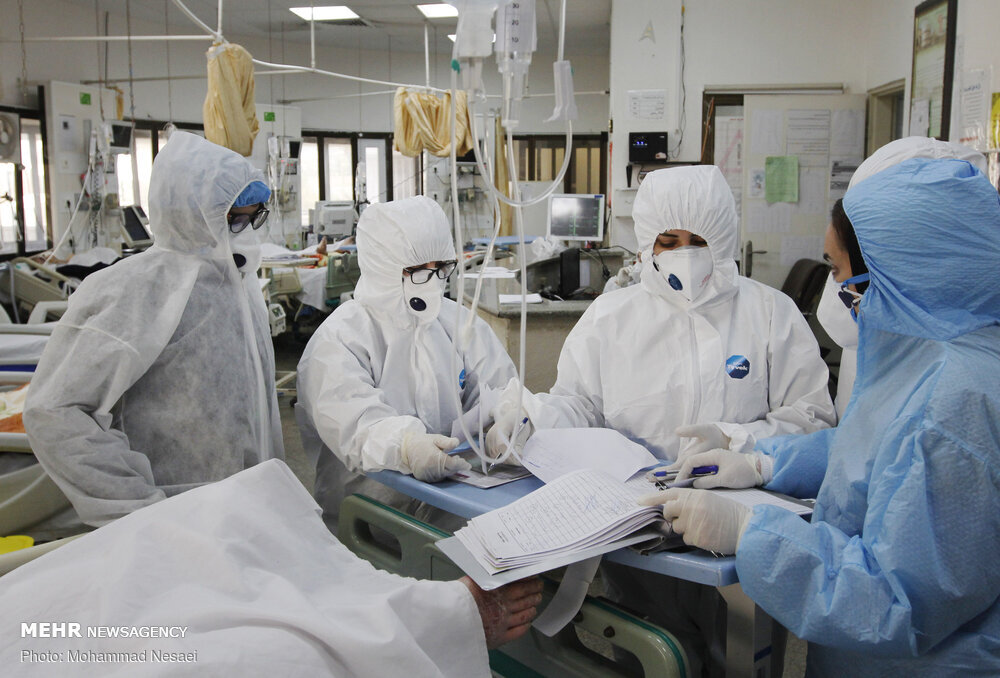UN Special Rapporteur criticizes U.S. for unilateral sanctions on Iran during COVID-19

TEHRAN - Alena Douhan, the United Nations Special Rapporteur, has said the adverse effects of unilateral sanctions could hamper the delivery of, and access to, medical equipment needed to combat COVID-19 in countries such as Iran.
“Many countries have refused to lift them, while others have actively enlarged them, including the United States," she said at the United Nations General Assembly Third Committee Meeting, which was held on October 16.
“Companies and banks around the globe refuse to deal with sanctioned countries, fearing the secondary impact of these measures,” she said, touching on their adverse effects which lead to fewer resources and inadequate medical equipment, the un.org said in a press release.
Women, children, refugees, and migrants remain the most affected, she stressed.
During the virtual dialogues, experts underlined the need for multilateralism and international cooperation to ensure less developed countries can adequately address the enormous challenges posed by the COVID-19 pandemics.
Foreign Minister Mohammad Javad Zarif has accused the United States of impeding Iran’s ability to fight the coronavirus outbreak, saying that U.S. sanctions have prevented the purchase of critical medical supplies.
Washington’s efforts to stop Tehran from exporting oil have limited the government’s ability to respond to the global health crisis and provide relief to the Iranian people, Zarif said in an interview with Russia Today in September.
“Whatever the Americans are saying about their sanctions not affecting humanitarian items, it’s just a lie... It’s basically medical terrorism,” Zarif noted.
